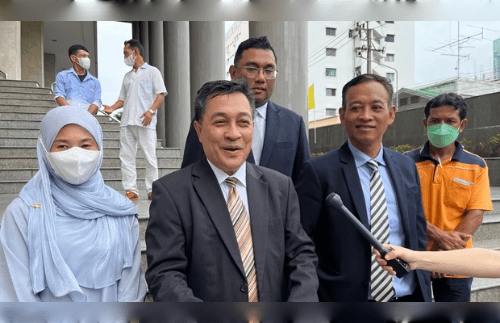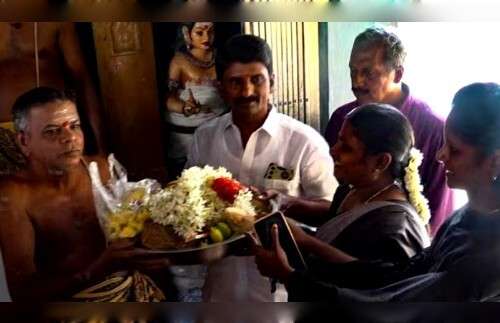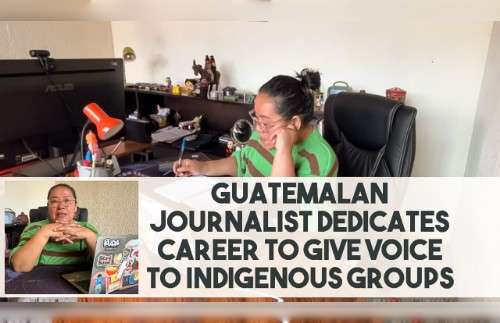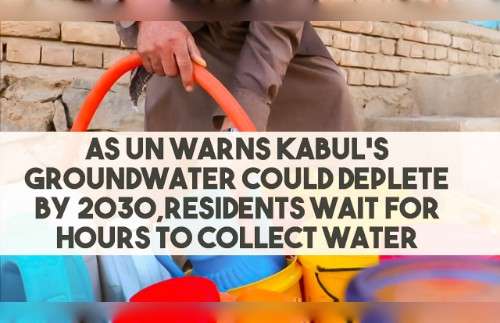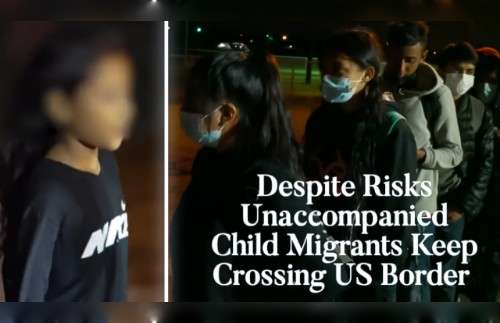Activists from a local rights movement are demanding Pakistan’s military vacate the tribal areas bordering Afghanistan as calls grow to investigate an incident in which several members of the group died in a skirmish with the military Sunday.

Pakistan’s military claims the clash started when members of Pashtun Tahaffuz Movement (PTM) attacked its check post on their way to a protest rally over alleged military abuses. PTM leaders deny the accusation, however, instead claiming the military fired on peaceful protesters.
Several cellphone videos of the incident circulating on social media seem to show that the protesters were unarmed. VOA could not independently verify any of the videos.
Mohsin Dawar, a leader of the movement who is also an elected member of Pakistan’s national legislature, is leading a sit-in in Miranshah, the administrative headquarters of North Waziristan, an area formerly known for being a militant safe haven.
Pakistan Trying to Grapple With Its Biggest HIV Outbreak
Dawar spoke to BBC via satellite phone because cellphone service in the area has been suspended. He said authorities were trying to prevent PTM supporters from elsewhere from reaching the protest site. The activist group, however, plans to continue the sit-in until their demands are met, he added.
He told BBC that one of the group’s main demands is for the army to vacate the Waziristan area.
The military entered the North Waziristan area in 2014 as part of an operation to clear out militant safe havens, and said it is trying to solidify hard-earned gains against terrorism.
Various human rights groups, however, are demanding an independent inquiry into Sunday’s incident.
“If the reports are correct that the army killed protestors by unlawfully using live ammunition, this would be a very serious violation of international law,” Rabia Mehmood, South Asia Researcher at Amnesty International, said in a statement.
The region is under curfew, with access to the area severely restricted, making it difficult for international media or other monitoring groups to assess the situation.
The Human Rights Commission of Pakistan, an independent body, has expressed “alarm” at the military’s alleged use of force, stating this might drive a permanent wedge between the state and the people of the area.
“There must be a serious attempt to genuinely address the grievances of the local population, which the PTM has been articulating peacefully for well over a year,” an HRCP statement said.
Pakistan Bar Council, a body representing lawyers qualified to appear in the Supreme Court, in a statement expressed “great concern” over the PTM incident and urged the government to “take all the stakeholders on board immediately.”
While the ruling political party Pakistan Tehreek e Insaaf (PTI) is supporting the military’s version of events, many of the country’s opposition parties are backing PTM and demanding a probe into the incident.
Several political leaders have urged the government to enter into a political dialogue with PTM rather than dealing with this issue with force.
PTM, a self-declared nonviolent movement, gained popularity last year after running a campaign to bring to justice a police officer accused of extrajudicially killing a Pashtun man.
It also has become a strong critic of Pakistan’s military and has openly accused the institution of human rights violations in the Federally Administered Tribal Areas during counterterrorism operations.
The FATA area for years had been the center of conflict between the security forces and Taliban militants.
The military has in turn accused PTM of receiving funding from hostile intelligence agencies of India and Afghanistan and promoting an anti-Pakistan agenda, a charge PTM denies.
Pakistan Prime Minister Imran Khan said last month that PTM’s grievances were justified, but the manner in which they incited the population against the military was not good for the country~VOA








